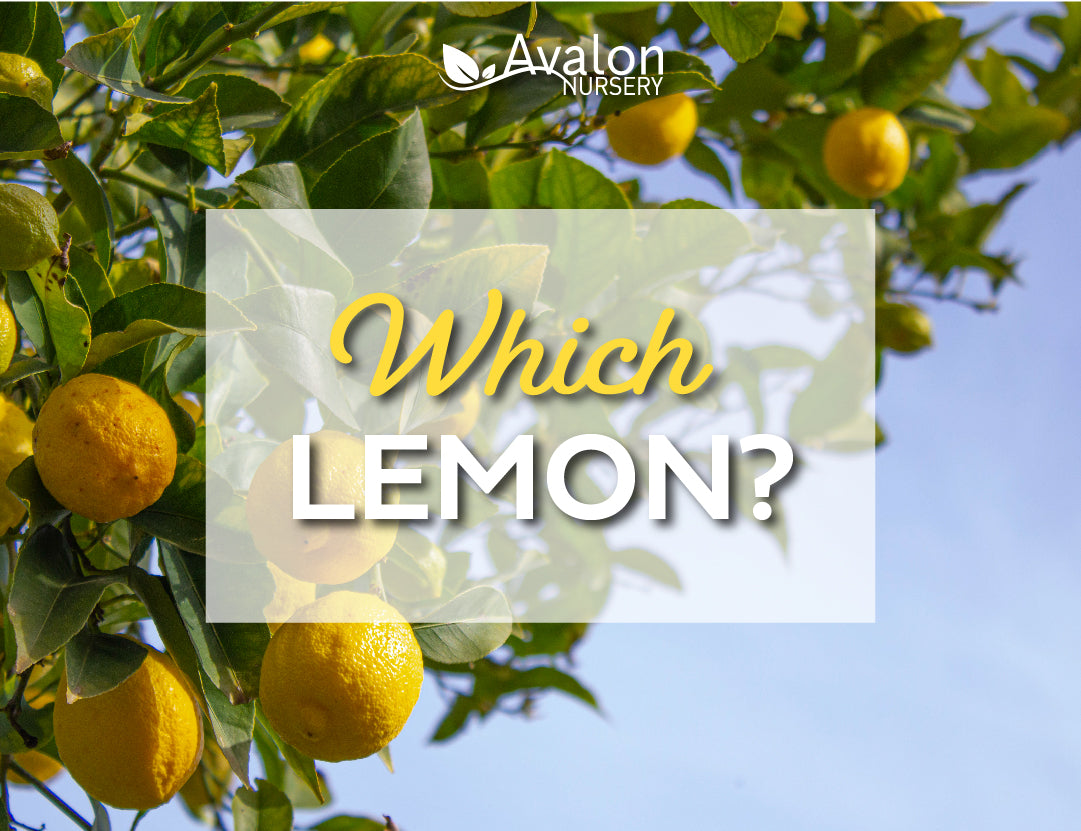Confused by the range of Lemons available? Here's our quick guide to the most popular varieties available:
Eureka Lemon
One of the most popular lemons grown in Australia, they fruit almost year-round. The fruit is large and thin skinned with minimal seeds and is very juicy with a true sour lemon taste. The trees are almost thornless, and grow up to 5 metres tall.
Meyer Lemon
Meyer are not a true Lemon, but a cross between a lemon and an orange that originated in China. It has a sweet, thin-skinned fruit that is smaller and more round than regular lemons, and is one of the best for cooking with. The trees have small thorns or are nearly thornless and grow 2 - 3 metres tall.
Lisbon Lemon
Lisbon are the most cold hardy of the Lemon varieties described here, they also have the most thorns. They are one of the most commonly grown Lemons in the world. The fruit is smooth, medium to large sized and particularly juicy and acidic - also virtually seedless! Mainly fruiting during Winter, in optimium conditions they can fruit year round. The trees grow 5 - 6 metres tall.
Bush Lemon
So called not because of their growth habit, but because they have become naturalised and grow wild in northern Australia. They are a very hardy Lemon, often used as rootstock for other Lemon varieties.
The fruit has thick, knobbly wrinkly skin and has a true Lemon flavour. The juice has high levels of Pectin, which make them ideal for preserves. This variety has thorns, and grows 4 metres tall.
Lemonade
These produce medium sized, round yellow fruit that divides easily. The fruit has a sweeter, refreshing taste with a lemonade-like flavour, and can be eaten straight from the tree. The tree has some thorns and grows 2 - 5 metres tall.
Chosen a variety of lemon and now want to know how to look after them? Check out our blog post about it here: How to care for your Citrus

